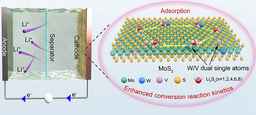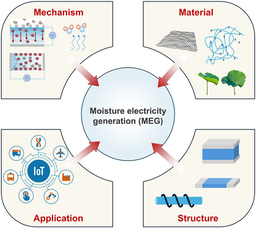Reviewer number two
Published in Microbiology
Almost everything we write and publish as scientists is peer reviewed at some point, whether by a colleague or friend at the early stages of writing, or by reviewer number three who thinks your ideas are fatally flawed and that you have the writing style of a small child. At its best, peer review keeps us honest by helping to point out flaws in our ideas, it addresses methodological weaknesses in our results and curbs over interpretation and wild conclusions. Peer review usually fails when it gets personal, when the reviewer is no longer dispassionate and attacks the scientist, or the work, because of vested interests. Whatever the content of the reviews, I always feel a sense of dread when an email comes into my inbox saying that I have comments to respond to.
Every scientist you speak to has a view on the merits of peer review and has a story about some outrageous thing reviewer three once said about their paper or grant. This kind of review is easy to deal with, we get cross, make a joke and then get over it. Easy reviews, where the reviewer requests a few typographical changes are simple to deal with too. Although, sometimes there’s a sense of being short-changed if you’ve waited months for someone to come back and say that your paper is essentially fine, when you have been working in the interim trying to pre-empt gaps that a thorough reviewer might spot in your data.
I recently received a couple of sets of reviews fall into a third category: the thoughtful and helpful review. The first set was for a paper and each review clearly showed that the reviewer had taken the time to read my paper and had written thoughtful comments to make my arguments better and my paper stronger. As well as being great reviews, each one was signed, and they were written by people I have a huge amount of respect for. With this level of engagement from my reviewers I really wanted to address each of their points and try to fit their ideas into my paper. This is impossible when constrained by page limits and the short time given to return the finished paper; I also wanted to keep some of my own ideas in the paper!
The second set of reviews effectively killed a grant proposal with ‘very good’ scores. These scores would usually leave most scientists in anguish; having accepted the fact that the grant would likely be passed over by the panel and reading the actual comments, I was pleased by the fact that the reviewers had both read the proposal and saw potential in it. It was a pretty left-field proposal and the reviewers wanted to see more preliminary data to support our methodology. Whichever way you look at a set of reviews like that, the reviewers were clearly performing their duty to make sure the research funds go to the best proposals. Rather than being deterred by these reviews, my collaborator and I are going to get those results and pitch the proposal again because we’re excited about its potential.
Reading and responding to review comments doesn’t seem to get easier, I think we just get better at dealing with the sense that someone else is picking our work to pieces. The supportive but tough reviews are probably hardest to deal with though, because fair criticism is the hardest type to take. I’ve shared a couple of my recent experiences, what about your experiences of fair and thoughtful reviewers?





Please sign in or register for FREE
If you are a registered user on Research Communities by Springer Nature, please sign in